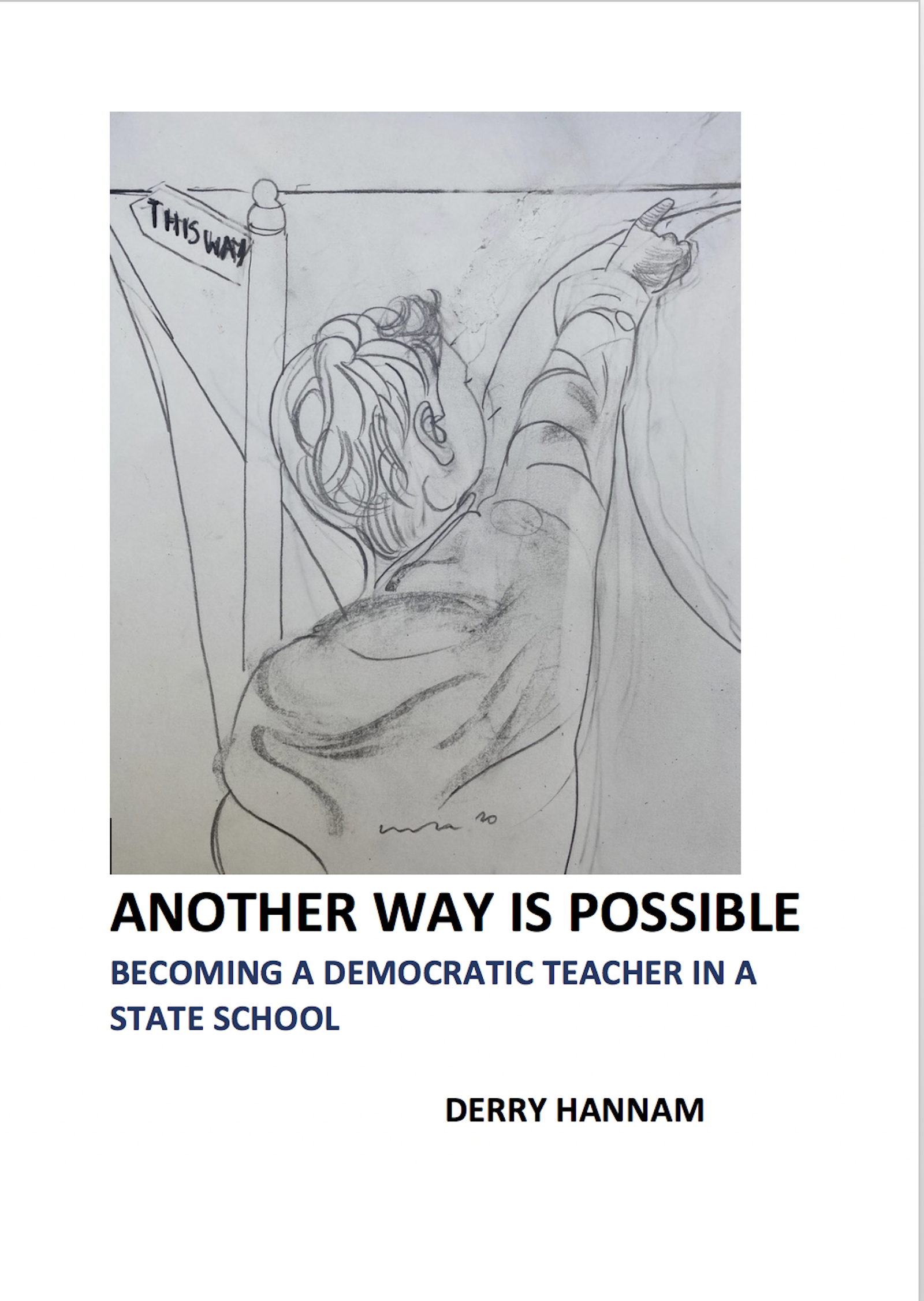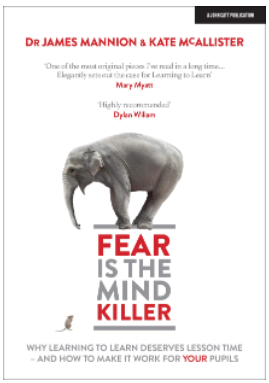Support for Schools to Enhance Opportunities for Self-Directed Education and Self Managed Learning
Self-Directed Education
Self-directed education might sound great in theory but does it work in practice? Why not try it out and see?

To get inspired, start by looking to the pioneers who have been doing it for years.
While you won’t be able to replicate models like these in entirety while fulfilling the requirements of the National Curriculum, Derry Hannam, author of ‘Another Way is Possible – Becoming a Democratic Teacher in a State School’, proposes that all state-funded schools, both primary and secondary, should be encouraged to allocate at least 20% of curriculum time to be negotiated around the interests of the students and staff – time for individual or collaborative self-directed education with the teachers being available as facilitators or ‘experts’ if their services were requested by the students.
Derry Hannam is a former deputy head and Ofsted Inspector. He is currently an international consultant in Education for Democracy and Human Rights. He has been described as a ‘bridge person’ who tries to bring about dialogue between the mainly private democratic education movement and state school systems.
He argues that young people are natural learners who need time and space to pursue their interests, to cultivate their curiosity, to be creative, and to collaborate with each other and adults to manage their schools as democratic learning communities.
“Could it be that at last the natural learning potential of young people will come into alignment with the future requirement for collaborative and creative innovators?
Could schools become places that nurture the social and economic entrepreneurs that the world needs, capable of facing up to the challenges confronting us, not least of those being the implications of climate change? Let’s hope so!”
Derry Hannam
You can read Derry’s full 20% Project Proposal on our website here:
Self Managed Learning
Originally designed for adults, Self Managed Learning (SML) has been applied to young people through the work of Self Managed Learning College in Brighton and its founder, Dr Ian Cunningham. Dr Cunningham currently offers SML programmes to secondary schools. His pioneering SML approach is characterised by two key elements; learning groups and the learning agreement.
Learning Groups
Learning groups are typically made up of five or six students and one adult in the role of ‘learning group adviser’. Each student plans their own learning with support from the others in the group.
Learning Agreement
Students create a learning agreement around their own specific needs. The structure of the learning agreement requires them to answer five questions, in the following order:
1. Where have I been? What has been my experience of learning so far in my life? What other things have happened to me in my life that make me who I am now?
2. Where am I now? What kind of person am I? What are things that I like or don’t like? What do I enjoy? And also, what do I find unpleasant? What skills, abilities and knowledge do I have that are important to me? What do I value – what do I care about? What do I believe in?
3. Where do I want to get to? Who do I want to be in the future? What kind of life do I want to lead? What kind of work would I like to do? What things do I need to learn and develop now to help me in life and work?
4. How will I get there? What precisely do I need to learn and how will I
learn? What processes will I use to learn things I want to learn? What help
might I need? What other resources might I need?
5. How will I know if I’ve arrived? How will I assess my development? How will I know if I’ve learned to the level that I need? How will I recognise that I have gained the capabilities and knowledge I need?
Each learning group meets for about two hours every three weeks over the course of several months. Dependant on individual students’ learning goals, a learning group might go out to visit a workplace, a higher educational establishment or go on some other kind of trip. Alternatively, an expert or professional might be invited into the learning group meeting for the student(s) to interview.
Feedback from schools and students has been incredibly positive and you can read more about these programmes in the following documents:
The Student Experience of Self Managed Learning (SML): Evidence From Research
‘This is the Best Thing in School’: Self Managed Learning at Uckfield Community Technology College
A film about SML programmes for schools has been made from footage from two schools in East Sussex:
If you are interested in running a SML programme at your school, please contact Dr Ian Cunningham via the Self Managed Learning College website or at ian@smlcollege.org.uk
Rethinking Education
For 15 years, Dr James Mannion and Kate McAllister worked to design, implement and evaluate their “Learning Skills” curriculum – a systematic approach to helping students become more confident, practice, self-regulated learners.

Their eight-year evaluation with the University of Cambridge revealed that “Learning Skills” led to significant gains in subject learning across the curriculum, with accelerated gains among students from disadvantaged backgrounds.
Through their Rethinking Education initiative, they provide bespoke, research-informed training and consultancy for teachers and school leaders. You can also read their book, ‘Fear Is The Mind Killer: Why Learning to Learn deserves lesson time – and how to make it work for your pupils’, which is about what happened when a small group of teachers seized an opportunity to provide their students with the knowledge, the skills and the confidence to take control of their own learning.
“On the other side of fear is the teacher you want to be, and the children you’d like to teach…”
Student Participation
This panel discussion took place in our Progressive Education Group in March 2022. Four experts in student participation and democratic education shared their experiences of working in state schools where they have seen first hand the powerful impact of giving voice to their students.

